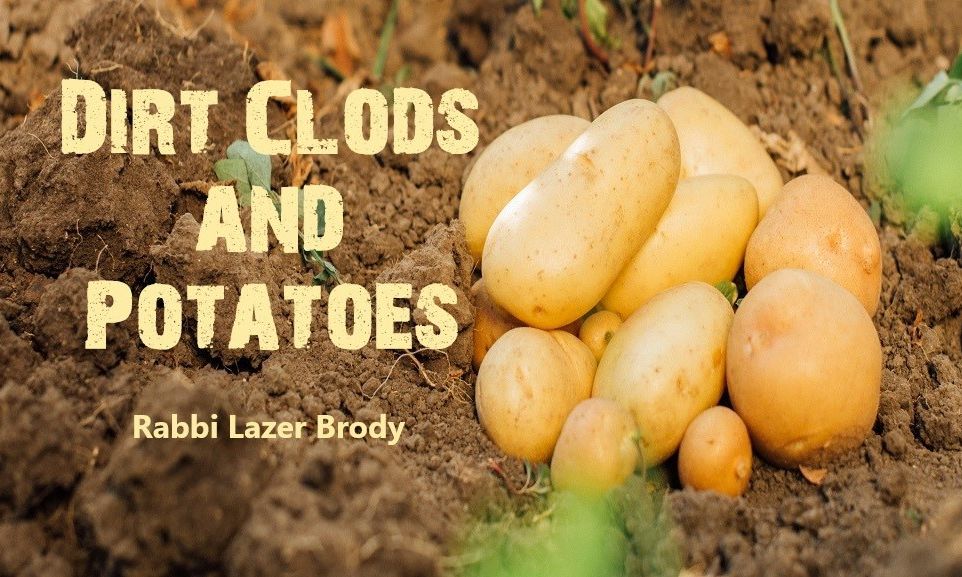
Dirt Clods and Potatoes
Elul is a time to make the small adjustments in life that constitute the big difference in serving Hashem…

People misconstrue the month of Elul and think that they must make grandiose overhauls on themselves before Rosh Hashanah. That’s not effective, especially since the “grandiose overhauls” usually end up in sinking back into old ways. All Hashem expects is that we’re a little bit better than we were yesterday and that we’re constantly striving to fine-tune and make those small but very meaningful improvements in ourselves.
A great place to start is by saying Birkat Hamazon, the Grace After Meals, with better intent. The rewards are phenomenal, as we’ll see in the following story told by the well-known Mashpia (spiritual guide), Rabbi Avraham Elimelech Biderman, shlit’a:
An old Jew from Jerusalem told his story from the Holocaust. Before the war broke out, he was a yeshiva student in his early teens. The famed Rabbi Meir Shapira, osb”m, head of the Lublin Yeshiva and founder of the Daf Yomi, visited their yeshiva to test the students. Customarily, a visiting Rosh Yeshiva would grant small gifts to the boys he tested, but Rabbi Meir brought no gifts with him. Instead, he told the students that he would give them a priceless morsel of advice that would enable them to live long and  happy lives no matter what happened around them. He told them to express care in saying Birkat Hamazon, the Grace After Meals, with sincere intent. Our sages promise that this protects a person against the worst negative spiritual forces. The yeshiva boy decided from that day on, he would do so with dedication.
happy lives no matter what happened around them. He told them to express care in saying Birkat Hamazon, the Grace After Meals, with sincere intent. Our sages promise that this protects a person against the worst negative spiritual forces. The yeshiva boy decided from that day on, he would do so with dedication.
A few short years afterward, the Nazis invaded Poland. The Jews were herded into cattle cars and transported to concentration camp. The first stage was the infamous selection; the woman, children, weak and elderly were sent to the left, the gas chambers. The able-bodied were sent to the right, to slave labor, a temporary stay of execution. Now a lad of sixteen, the yeshiva boy stood on his tiptoes to make himself appear taller. He didn’t know what to do or say when the SS officer would ask him what he was capable of doing, for he never did a day of manual labor in his life. He prayed silently, Hashem, please save me! For the last three years, I’ve been extremely careful about saying Birkat Hamazon, and our sages promised that I’d never lack food and protection.”
Just then, as if on cue from Hashem, the man behind him in line whispered in his ear, “Tell them that you’re a cook; I’ll tell them that I’m your helper – maybe we’ll be able to work together.” That’s exactly what happened – both were sent to work in the camp kitchen. There, they had no problem in sustaining themselves.
One day, an especially sadistic Nazi officer entered the kitchen. It irked him that a Jew shouldn’t be emaciated and hungry. He approached the young Jewish cook and put a small hammer in his hand: “Jew, go behind the kitchen, and if you don’t dig a ditch six-feet wide by six-feet long in three hours, I’m sending you to hard labor with all the other Jews.” Even with a proper pick-ax and shovel, the young man wouldn’t be able to dig such a ditch, all the more so with a tiny hammer…
Again, he prayed to Hashem. “Hashem, our sages promised! I’ve kept my side…”
A truck full of German soldiers drove by. Seeing the young Jew with a forlorn look on his face, they decided to have some fun. Grabbing a sack of fresh-picked potatoes that hadn’t been separated from the mud clods, they pelted him with mud and potatoes. They drove away laughing; the young Jewish cook was left bruised, but with a pile of mud clods and fresh potatoes by his side.
A few minutes transpired, and a forced-labor gang of Russian POWs with shovels and pick-axes walked by. Constantly hungry, they gazed wide-eyed at the pile of fresh potatoes. “Please, give us some of them,” they begged.
The young man said, “No problem – dig me a two-by-two meter ditch and you can have them all.”
Within fifteen minutes, the ditch was completed.
The sadistic Nazi officer returned to the scene. Astonished, he couldn’t believe his eyes. In less than the appropriated three hours, the ditch was dug. The villain said, “You cursed Jew, I knew that your G-d protects you, but I didn’t know to what extent.” The young man was allowed to return to the kitchen.
He survived the concentration camp and the war, going straight to Jerusalem after the war. He never lacked an income, even during Israel’s leanest years, and he married off all his children with no debts.
Let’s all start performing the wonderful mitzvah of Birkat Hamazon, the Grace After Meals, with the very best intent we can. We’ll be doing ourselves a tremendous favor and we’re sure to be inscribed in the Book of Life for a wonderful New Year, amen!





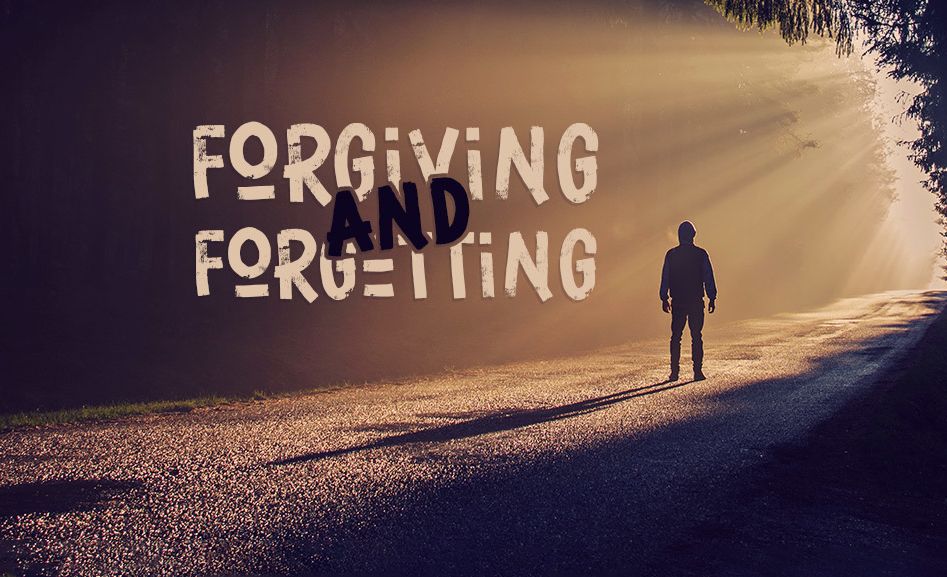
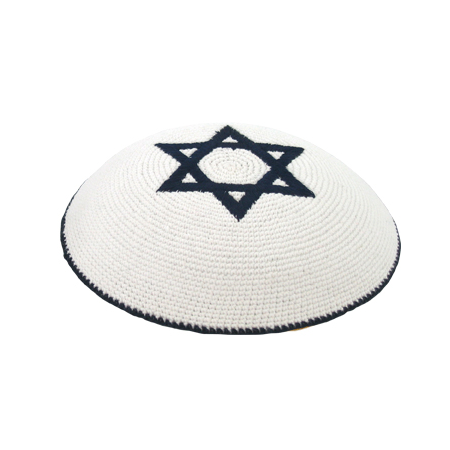


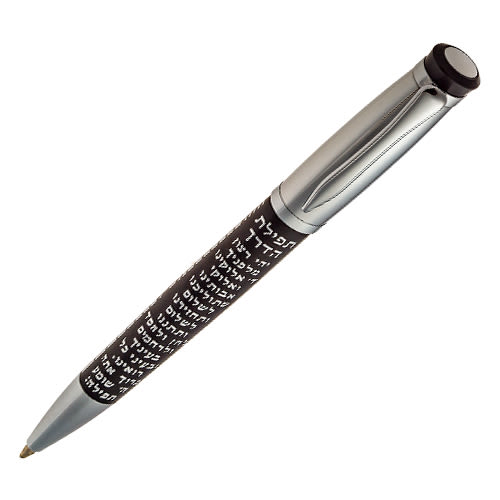
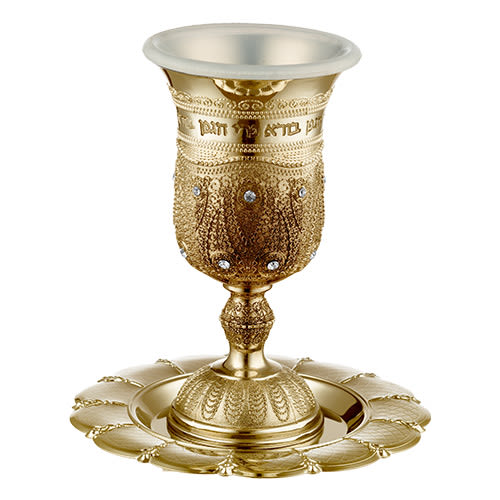

8/24/2015
Your words are a blessing, Rav Lazer!
I began reciting the Birkat HaMazon with great intent several months ago. Reading your article has strengthened my heart and spirit. Hashem bless you abundantly, Rav Lazer!
8/24/2015
I began reciting the Birkat HaMazon with great intent several months ago. Reading your article has strengthened my heart and spirit. Hashem bless you abundantly, Rav Lazer!
8/24/2015
additional benefits
Chazal say in gemara shabbos that one who says birkas hamazon for the 3 meals of shabbos is saved from the bad times before moshiach comes.